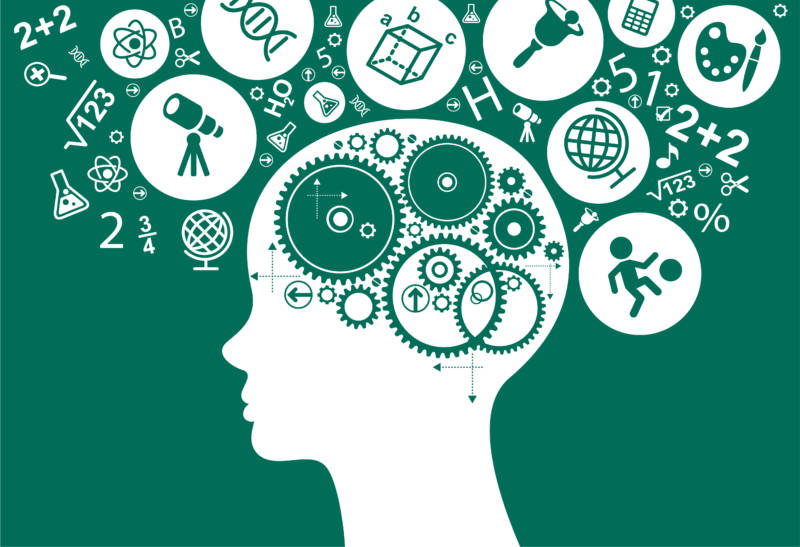
Metacognition in learning is an important concept in the theory of cognition. Metacognition is not the same as cognition, for example reading skills of a text are different from understanding skills of the text. Metacognition has the advantage that a person tries to contemplate the way of thinking or contemplating the cognitive process he does.
In simple metacognition is defined as “rethinking what has been thought”, there are even experts who connect metacognition with the function of control or information processing. Although the definition is different, in general metacognition is a person’s awareness or knowledge of the process and results of thinking (cognitive) and its ability to control and evaluate the cognitive process.
Definition of Metacognition
The term Metacognition was raised by some psychologists as a result of research on conditions, why do some people learn and remember more than others? Literally metacognition consists of the prefix meta which means “after” and the word cognition.
Metacognition can be interpreted as cognition about cognition, knowledge about knowledge or thinking about thinking.
According to Anderson and Krathwohl (2001), the addition of the prefix “meta” to the word cognition to reflect the idea that metacognition is “about” or “above” or “after” cognition. In addition, the notion of metacognition is almost the same as the notion of reflection on what he is thinking. (deSoete, 2001). The word reflective comes from the word “to reflect” meaning “to think about”.
The term metacognition introduced by Flavell (Yong & Kiong, 2006), defines the first aspect of metacognition as one’s knowledge of the process of cognitive outcomes or everything related to it, then the second aspect of metacognition is defined as monitoring and self-regulation of one’s own cognitive activities.
Schoenfeld (1992) defines metacognition as thinking about one’s own thinking which is an interaction between three important aspects, namely: knowledge of the process of thinking itself, controlling or self-regulation, as well as beliefs and intuition.
This interaction is very important because our knowledge of our cognitive processes can help us organize the things around us and select strategies to further enhance our cognitive abilities.
Metacognition includes the ability to ask and answer the following questions:
- What do I know about this subject, subject matter?
- Do I know what I need to know?
- Do I know where I can get some information, knowledge?
- How much time do I need to learn this?
- What strategies and tactics can I use to learn this?
- Do I understand what I hear, read or see?
- How do I know if I’m studying at the appropriate level?
- How can I see if I made one mistake?
- How should I revise my plan if it does not meet my expectations / satisfaction?
References:
- Development of Metacognition in Mathematics learning by: Dr. Theresia Laurens, July 2011 National Mathematics Seminar Paper
- Citation: Huitt, W. (1997). Metacognition. Interactive Educational Psychology.